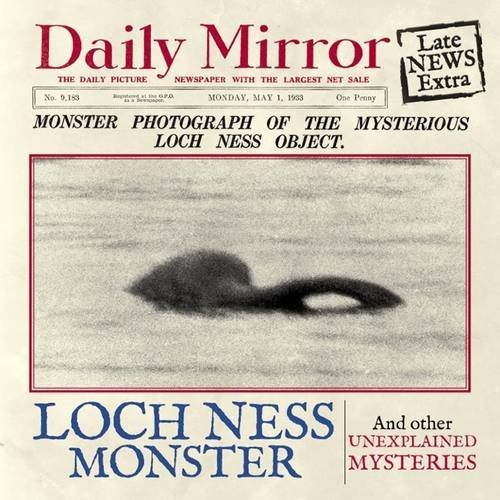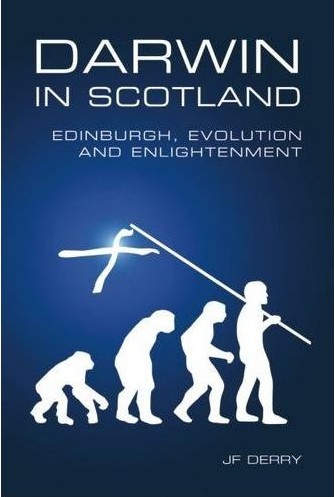The Edinburgh World Writers’ Conference at this years Edinburgh Book Festival is proving a mixed success: the writing delegation is nitpicking, finding fault in the uneven representation of nations present, and in the execution of each debate. Too much emphasis on the opening speaker and chairperson some say. Contrariwise, the public response in session and online has been one of excitement and joy.
Today’s debate on the 3rd day of conference was fascinating for its open criticism and self-healing concensus, all within the space of a couple of hours. The guest speaker’s introduction, in impressively erudite tones by Irvine Welsh (which you can read here, although this script misses a great deal of his adlibbing and off-the-cuff wit), asked many questions that chairperson Ian Rankin then understandably set about addressing. Evidently, this was too much focus on Welsh for the rest of the delegation, whose “appointed” spokesman requested a more open discussion.
Accounts of the session can be read here (official summing up) and here (delegate’s blog).
An archive of the video recordings from the conference is here.
Many interesting aspects came out of the today’s session on whether there exists an entity that we can call a national literature. A few of my thoughts from attending the session:
-
The common currency of writers is communication, primarily communication of ideas.
-
Novelists do this via their characters and plot, which they embellish with style. The role of each is indistinguishable, which is essentially Ali Smith’s point from the second day of conference.
-
The interesting aspect of this is how far a writer can push characterisation which is inevitably informed by locale; all writers refer to their own environment and personal history. So, how can they deliver their characters to a global readership? This is especially pertinent with the use of dialect and vernacular, of which Trainspotting is a great example.
-
Ian Rankin and Irvine Welsh are perfect examples of success in this area, transcending national and cultural borders with their characters. Someone in the session bemoaned not having a “louder voice” in the writing world. Anyone who wishes for Rankin’s and Welsh’s success should ask what is the reason that their characters work when read in other countries. Ironic when conference was asking to hear less from them!
-
Some of the commercial leverage that Rankin and Welsh enjoy will come from the film and TV adaptations of their work, but it’s not this alone. I first saw the movie of Trainspotting in Kwazulu Natal, South Africa. It was in its original form, no subtitles nor dubbing, and the audience were predominantly white English speakers (Natal is more English than Dutch). There wasn’t much laughter because a lot of the verbal jokes were lost to the Scottish accents, but the crowd seriously loved the film (and going by sales figures, the book too), because the characters transcended cultural barriers. Rankin’s Rebus has not made it to the big screen, but he too is a world-wide success.
-
The conference moved towards a consensus that there was no such thing as a national literature because writers write individualistically with no nation of readers in mind. The human story, and touching the heart was deemed most significant. But here lies an intriguing contradiction.
-
We are surrounded by sectarianism, religions, tribalism, and yet people read. So, either: the people who set up those divides are not readers, and certainly not writers. Or, novels are essential for escapism from that divided reality.
I suppose it is called fiction, after all.














